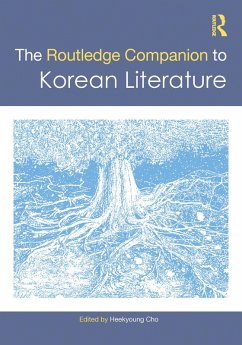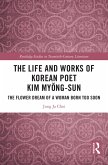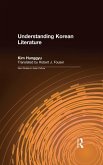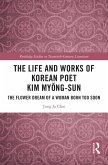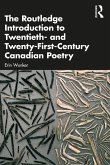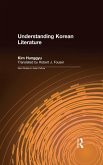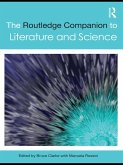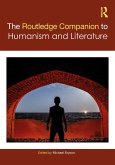The Routledge Companion to Korean Literature consists of 35 chapters written by leaders in the field, who explore significant topics and who have pioneered innovative approaches. The collection highlights the most dynamic current scholarship on Korean literature, presenting rigorous literary analysis, interdisciplinary methodologies, and transregional thinking so as to provide a valuable and inspiring resource for researchers and students alike. This
Companion has particular significance as the most extensive collection to date of English-language articles on Korean literature; it both offers a thorough intellectual engagement with current scholarship and addresses a broad range of topics and time periods, from premodern to contemporary. It will contribute to an understanding of literature as part of a broad sociocultural process that aims to put the field into conversation with other fields of study in the humanities and social sciences.
While presenting rigorous and innovative academic research that will be useful to graduate students and researchers, the chapters in the collection are written to be accessible to the average upper-level undergraduate student and include only minimal use of academic jargon. In an effort to provide substantially helpful material for researching, teaching, and learning Korean literature, this
Companion includes as an appendix an extensive list of English translations of Korean literature.
Dieser Download kann aus rechtlichen Gründen nur mit Rechnungsadresse in A, B, BG, CY, CZ, D, DK, EW, E, FIN, F, GR, HR, H, IRL, I, LT, L, LR, M, NL, PL, P, R, S, SLO, SK ausgeliefert werden.

